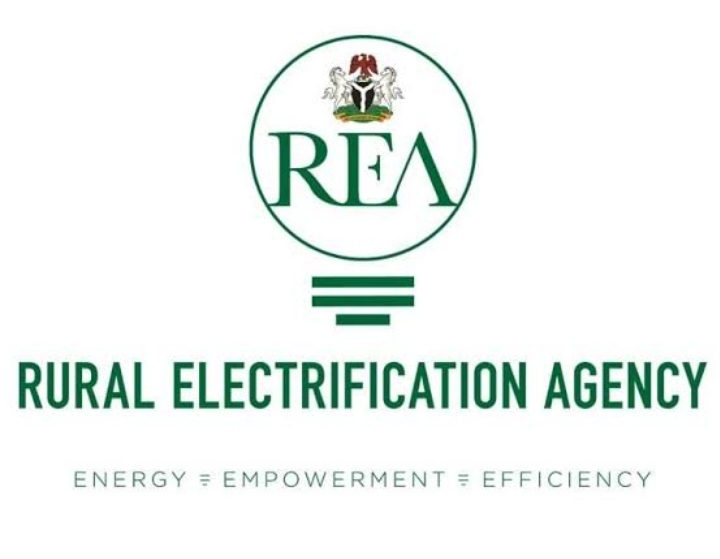The Economic and Financial Crimes Commission (EFCC) has raised the alarm over a surge in fraudulent activities within Nigeria’s financial sector, particularly targeting the unbanked, under-served, and middle-class populations.
The troubling trend, according to the EFCC, was largely fueled by lapses in Know Your Customer (KYC) protocols among some FinTech companies.
Speaking at a recent stakeholder engagement in Abuja, EFCC Chairman Ola Olukoyede highlighted the critical need for fintech firms to strengthen their internal controls. He expressed concern over the growing vulnerabilities within the financial ecosystem caused by negligence during the onboarding of tier-one account customers.
“There’s quite a whole lot of fraud that goes around that particular level, so the issue of KYC is very important, especially because of the issue of how fintechs open tier-one accounts, sometimes without attention to KYC. And people take advantage of this and are quick to commit fraud through this negligence,” Olukoyede said.
The EFCC chairman noted that the lack of robust KYC processes and internal controls among fintech companies leaves a critical gap that fraudsters exploit. “There is a high level of poor internal control by fintechs at the level of the unbanked, the under-served, and the middle-class population spectrum,” he added.
Olukoyede called on fintech operators to revisit their processes and collaborate more actively with the EFCC to close these gaps. “Increasing your level of collaboration with the EFCC would mean seeing yourselves as stakeholders in the fight against corruption. We would like you to respond to us when we make inquiries and requests,” he urged.
The EFCC underscored its willingness to partner with fintech firms like Moniepoint in addressing these challenges, emphasizing the value of collective efforts in combating financial crimes.
“When we have stakeholders come in and want to be part of what we are doing, majorly stakeholders like you, it gives us joy because we know that no one man can fight corruption alone. The collaboration you seek tells us that you want to strengthen your system; you want to be able to create more internal controls. You want to put in place things that will mitigate those weaknesses that lead to fraud within your system,” Olukoyede stated.
LEADERSHIP recalls that the Financial Institutions Training Centre (FITC) recently reported a staggering surge in fraud within Nigerian banks. Losses skyrocketed to N42.6 billion between April and June 2024, representing an 8,993% increase from Q1 2024 and a 637% rise from Q2 2023. This figure dwarfed the N9.4 billion lost throughout 2023.
The majority of the losses (96.46%) stemmed from miscellaneous fraud, including fraudulent withdrawals and computer/web fraud. Notably, fraud through bank branches surged by 31,497%, while computer/web fraud rose by 1,560%. The total amount involved in fraud cases jumped by 1,784%, from N2.9 billion in Q1 to N56.3 billion in Q2 2024.
Chief Technology Officer at Onafriq, Tayo Ogunlade, attributed the surge in financial fraud to the rapid adoption of digital platforms and the associated vulnerabilities. He noted, “The rise in fraud in Nigeria’s financial sector is driven by the rapid adoption of digital platforms and the vulnerabilities associated with them.”

 3 hours ago
11
3 hours ago
11













